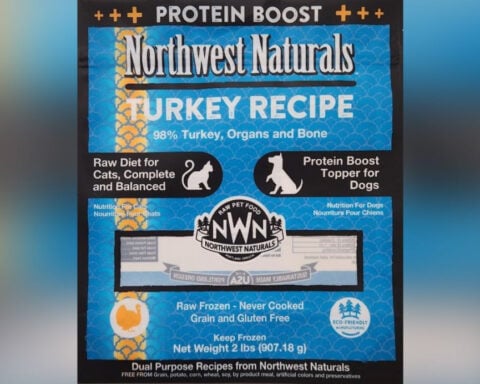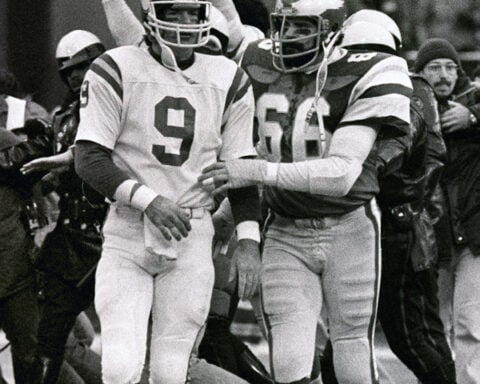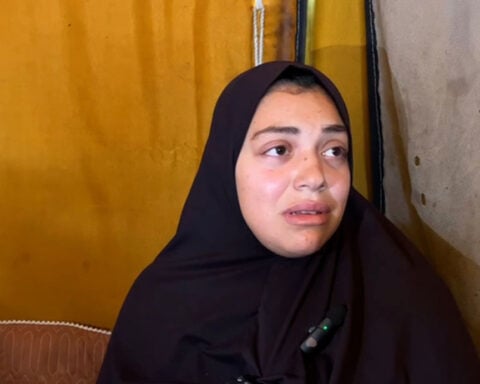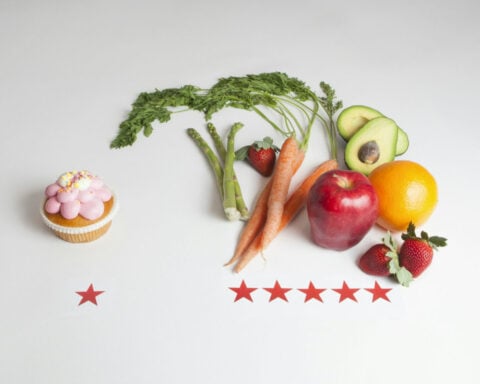As social media expands its reach, many people are developing intense one-sided relationships with influencers and media figures they follow online. These so-called "parasocial relationships" provide a sense of connection but rarely reflect reality.
Jessica Grose, a journalist and novelist, recently found herself fixated on the drama unfolding among cast members of the Bravo reality show “Summer House.” She spent time analyzing their disputes and motivations with friends over text.
“The kind of one-way friendship I have with these reality stars has a name in the sociology world: It’s called a ‘parasocial relationship,’” said Grose.
This term was first coined in the 1950s by sociologists who noticed the rise of illusory friendships between audiences and TV performers. Back then, dominant forms of mass media like radio and television created the semblance of friendship between spectator and star.
Fast forward to today, and social media intensifies this phenomenon. Platforms like Instagram allow influencers to directly interact with followers, furthering the illusion of real involvement in their lives.
“The feelings people have with these media persona are nearly indistinguishable from their friends in real life,” explained Alex Kresovich, a doctoral candidate studying parasocial relationships.
Most parasocial relationships are harmless, despite the creepy feeling of befriending someone who likely has no idea you exist. Only a small number of people develop an unhealthy preoccupation known as “celebrity worship.”
Amanda Hess, a New York Times critic, wrote about her own parasocial bond with Peloton instructor Cody Rigsby. His classes provide motivation to exercise through his faux friendship.
Tara Tsukamoto, a 35-year-old mother, does daily workouts with YouTube fitness influencer Sydney Cummings. Her young son even recognizes Cummings and wonders if she'll visit them.
“I know we aren’t really friends, but I do kind of feel like I know her,” said Tsukamoto, who gets advice and inspiration from the videos. “Also even though we’ve never met she provides a lot of what a real friend would.”
Research shows parasocial relationships with celebrities can positively impact health behaviors. According to a meta-analysis by Kresovich, fans who feel attached to a celebrity are more likely to emulate their actions around a health condition or cause.
For instance, when Katie Couric got a colonoscopy on air after her husband died of colon cancer, screenings increased significantly. Charlie Sheen disclosing his HIV diagnosis also led to more at-home testing kit sales.
For busy parents, these relationships provide social nourishment without maintenance. Georgeanna Connors, a mother of two young kids, said parenting experts on Instagram give her free advice.
“The advice and faux, one-way dialogue I absorb from their posts certainly displaces real conversations and relationship building,” she admitted. “Why play phone tag with a friend when I can get free, immediate, zero-judgment input from an expert?”
However, experts say there’s little evidence people rely more on parasocial bonds due to lacking real relationships. The urge to connect with others seems nearly universal.
“People have an innate drive to connect with other people,” explained Luke MacNeill, a postdoctoral researcher. Just about everyone forms parasocial bonds to some extent.
Grose continues tuning into reality shows, finding the drama and gossip fulfilling even as real-life social activities resume. One summary of research described the appeal: “Parasocial phenomena affect well-being, simply by providing ‘a good time’ and turning media exposure into an enjoyable experience.”
In other words, it’s often just exciting to watch glamorous public figures quarrel, free of consequences. Until the novelty wears off, many will keep clicking.

 5 elections to watch in 2025
5 elections to watch in 2025
 Transform the daily grind to make life more interesting – a philosopher shares 3 strategies to help you attain the good life
Transform the daily grind to make life more interesting – a philosopher shares 3 strategies to help you attain the good life
 What if you could rank food by ‘healthiness’ as you shopped? Nutrient profiling systems use algorithms to simplify picking healthy groceries
What if you could rank food by ‘healthiness’ as you shopped? Nutrient profiling systems use algorithms to simplify picking healthy groceries
 From new commercial Moon landers to asteroid investigations, expect a slate of exciting space missions in 2025
From new commercial Moon landers to asteroid investigations, expect a slate of exciting space missions in 2025
 Guatemala open to accepting Trump's Central American deportees, sources say
Guatemala open to accepting Trump's Central American deportees, sources say
 What are macros? An exercise and nutrition scientist explains
What are macros? An exercise and nutrition scientist explains
 Christmas shooting at Phoenix airport leaves 3 people wounded, 1 stabbed
Christmas shooting at Phoenix airport leaves 3 people wounded, 1 stabbed
 Simona Halep withdraws from Australian Open qualifying because of knee and shoulder pain
Simona Halep withdraws from Australian Open qualifying because of knee and shoulder pain
 Why this Mexican American woman played a vital role in the US sacramental peyote trade
Why this Mexican American woman played a vital role in the US sacramental peyote trade
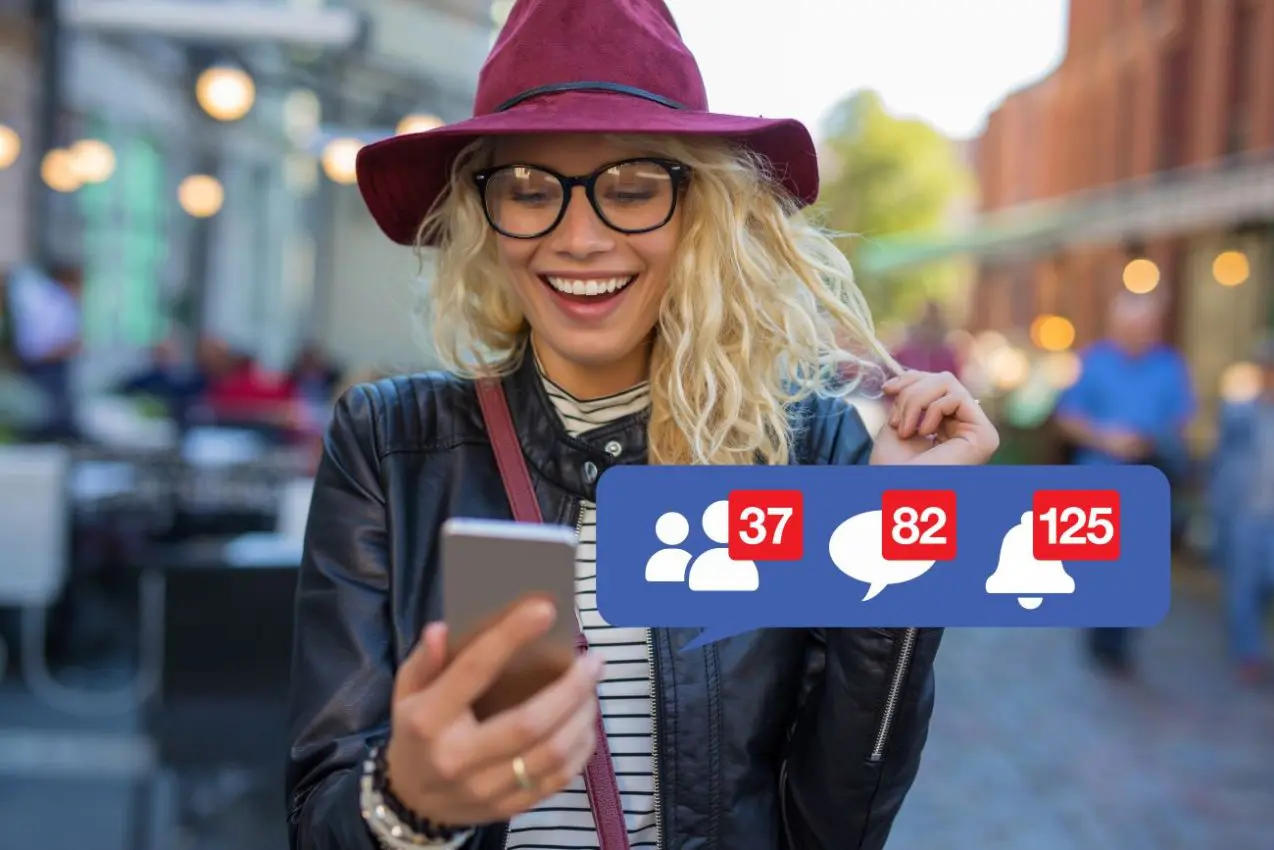 Social Media
Social Media

